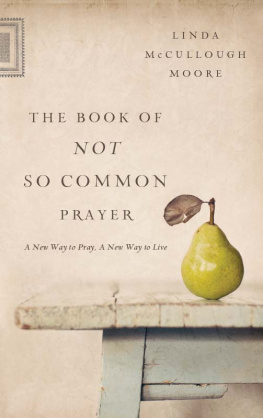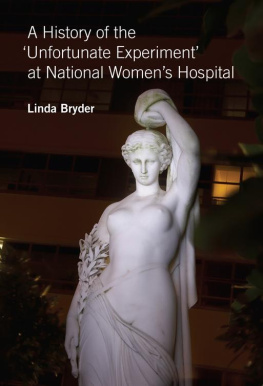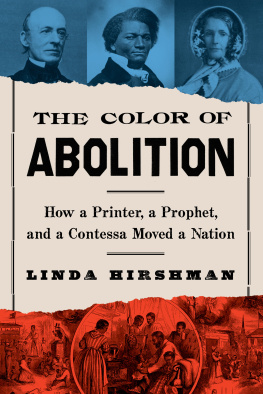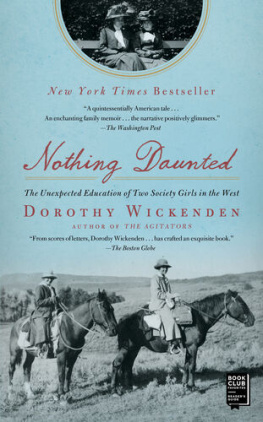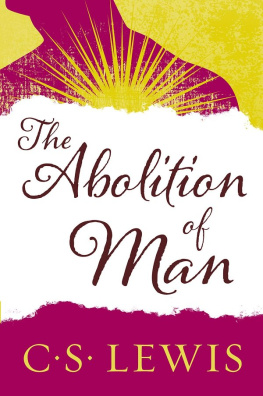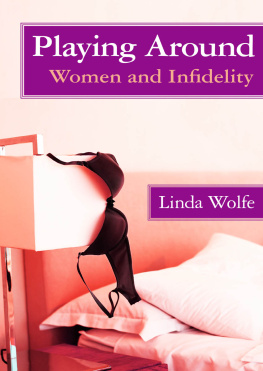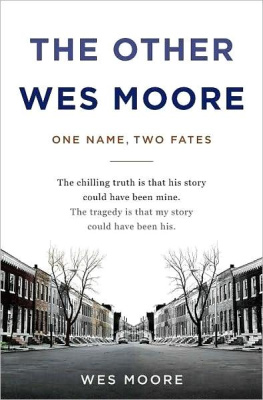
WOMENS IMPRISONMENT AND THE CASE FOR ABOLITION
In 2007, the Corston Report recommended a far-reaching, radical, women-centred approach to womens imprisonment in England and Wales. It suggested a fundamental re-thinking about how services to support women in conflict with the law are delivered in custody and in the community, recommending the development and implementation of a decarceration strategy. This argued for appropriate treatment programmes in the community, reserving prison for only those women who commit serious and violent offences. Ten years on, what progress has been made? What is the relationship between Corstons vision and a more radical abolitionist agenda?
Drawing on a range of international scholarship, this book contributes to the critical discourse on the penal system, human rights, and social injustice, revealing the consequences of imprisonment on the lives of women and their families. A decade on from Corstons publication, it critically reviews her report, revealing the slow progress in meeting the reforms it proposed. Identifying the significant barriers to change, it questions the failure to reverse the unrelenting growth of the womens prison population or to transform state responses to womens offending. Reflecting the global expansion of womens imprisonment, particularly marked in advanced democratic societies, the chapters include comparative contributions from jurisdictions where Corstons recommendations have relevance. It concludes with a critical appraisal of reformism and the case for penal abolition.
Essential for applied and theory courses on prisons, punishment, and penology; social justice and the criminology of human rights; gender and crime; and feminist criminology.
Linda Moore is Senior Lecturer in Criminology in the School of Applied Social and Policy Sciences at Ulster University, UK.
Phil Scraton is Professor of Criminology in the School of Law, Queens University Belfast, UK.
Azrini Wahidin is Professor of Criminology and Criminology Justice and Associate Dean for Research and Innovation in the School of Social Sciences, Humanities and Law, Teesside University, UK.
WOMENS IMPRISONMENT AND THE CASE FOR ABOLITION
Critical Reflections on Corston Ten Years On
Edited by Linda Moore, Phil Scraton and Azrini Wahidin
First published 2018
by Routledge
2 Park Square, Milton Park, Abingdon, Oxon OX14 4RN
and by Routledge
711 Third Avenue, New York, NY 10017
Routledge is an imprint of the Taylor & Francis Group, an informa business
2018 selection and editorial matter, Linda Moore, Phil Scraton and Azrini Wahidin; individual chapters, the contributors
The right of Linda Moore, Phil Scraton and Azrini Wahidin to be identified as the authors of the editorial material, and of the authors for their individual chapters, has been asserted in accordance with sections 77 and 78 of the Copyright, Designs and Patents Act 1988.
All rights reserved. No part of this book may be reprinted or reproduced or utilised in any form or by any electronic, mechanical, or other means, now known or hereafter invented, including photocopying and recording, or in any information storage or retrieval system, without permission in writing from the publishers.
Trademark notice: Product or corporate names may be trademarks or registered trademarks, and are used only for identification and explanation without intent to infringe.
British Library Cataloguing in Publication Data
A catalogue record for this book is available from the British Library
Library of Congress Cataloging in Publication Data
Names: Moore, Linda, 1961 editor. | Scraton, Phil, editor. | Wahidin, Azrini, 1972 editor.
Title: Womens imprisonment and the case for abolition: critical reflections on Corston ten years on / edited by Linda Moore, Phil Scraton and Azrini Wahidin.
Description: Abingdon, Oxon; New York, NY: Routledge, 2018. | Includes bibliographical references and index.
Identifiers: LCCN 2017036414 | ISBN 9781138700253 (hardback) | ISBN 9781138700260 (pbk.) | ISBN 9781315204819 (ebook)
Subjects: LCSH: Women prisonersGovernment policyGreat Britain. | Female offendersEffect of imprisonment onGreat Britain. | Alternatives to imprisonmentGreat Britain. | Criminal justice, Administration ofGreat Britain.
Classification: LCC HV9647 .W665 2018 | DDC 364.6082/0941dc23
LC record available at https://lccn.loc.gov/2017036414
ISBN: 978-1-138-70025-3 (hbk)
ISBN: 978-1-138-70026-0 (pbk)
ISBN: 978-1-315-20481-9 (ebk)
Typeset in Bembo
by codeMantra
CONTENTS
Linda Moore, Phil Scraton and Azrini Wahidin
Linda Moore and Azrini Wahidin
Loraine Gelsthorpe
Becky Clarke and Kathryn Chadwick
Margaret Malloch
Gillian McNaull
Vicki Chartrand and Jennifer M. Kilty
Julie Stubbs and Eileen Baldry
Lillian Artz
Phil Scraton and Bree Carlton
Linda Moore is Senior Lecturer in Criminology in the School of Applied Social and Policy Sciences at Ulster University, UK.
Phil Scraton is Professor of Criminology in the School of Law at Queens University Belfast, UK.
Azrini Wahidin is Professor of Criminology and Criminology Justice and Associate Dean for Research and Innovation in the School of Social Sciences, Humanities and Law, Teesside University, UK.
Loraine Gelsthorpe is Professor of Criminology and Criminal Justice at the Institute of Criminology at the University of Cambridge, UK.
Becky Clarke is Senior Lecturer in the Department of Sociology at Manchester Metropolitan University, UK.
Kathryn Chadwick is Principal Lecturer in the Department of Sociology at Manchester Metropolitan University, UK.
Margaret Malloch is a Reader in Criminology with the Scottish Centre for Crime and Justice Research at the University of Stirling, UK.
Gillian McNaull is a Research Fellow and PhD researcher in the School of Law at Queens University Belfast, UK.
Vicki Chartrand is Associate Professor in the Sociology Department at Bishops University, Qubec, Canada.
Jennifer M. Kilty is Associate Professor in the Department of Criminology, University of Ottawa, Canada.
Julie Stubbs is Professor in the Faculty of Law at the University of New South Wales, Australia.
Eileen Baldry is Professor of Criminology in the School of Social Sciences at the University of New South Wales, Australia.
Lillian Artz is Associate Professor in the Gender, Health & Justice Research Unit at the University of Cape Town, South Africa.
Bree Carlton is Senior Lecturer in Criminology in the School of Social Sciences at Monash University, Australia.
Linda would like to thank her co-editors Phil and Azrini who are great colleagues and dear friends. Thank you to Thomas Sutton at Routledge for your support for the idea of the book and to Hannah Catterall for support in seeing the project through. Many thanks also to Francesca Monaco and Erin Arata and the team at codeMantra for your expert support and your patience. Thank you also to all of our co-authors. It had been a privilege to work with such wonderful scholars and activists. I hope to work with you all again. The Criminology team at Ulster University are fantastic colleagues thank you to Jonny Byrne, Una Convery, Michael Davidson, Ruth McAlister, Rachel Monaghan and Brian Payne. I am grateful for continuing support from my previous and current Heads of School, Ruth Fee and Kris Lasslett. Thanks to Olivia Barnes, Deena Haydon, Ann Jemphrey, Agnieszka Martynowicz and Conor Murray for helpful discussions on imprisonment and criminalisation which have furthered my understanding of these processes. Higher education and academic freedom are under threat from marketisation and I pay tribute to my friends at UCU at Ulster University and UCU regional office for defending the public university. Thanks to my family including Tim, Paloma, Conor and Amaia, Sam and Ying Ying, Mal, Helen, Andy and Ada. My parents Alec and Libby Moore have been an amazing support as always. Huge thanks to Henry, Alex and Annie you mean the world to me.




